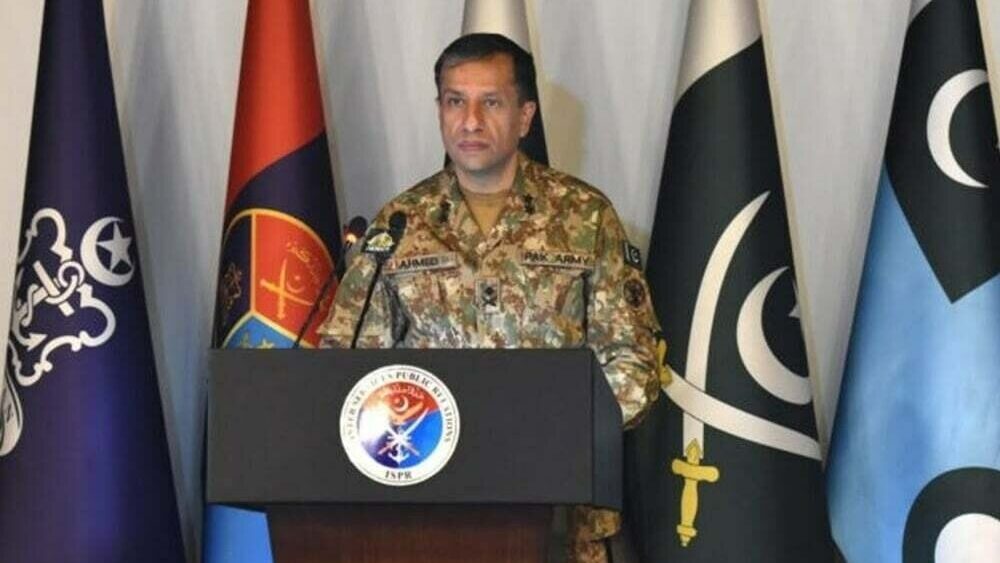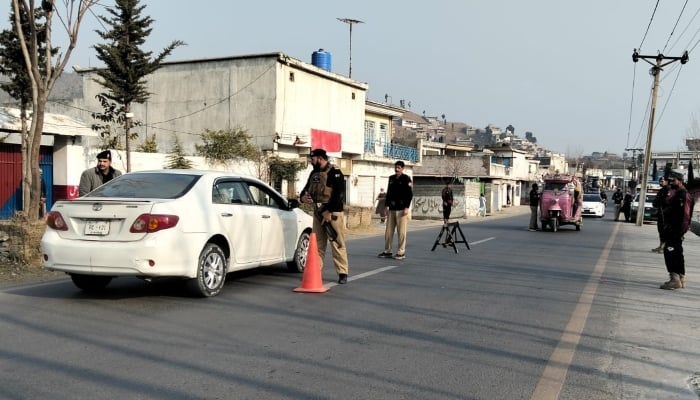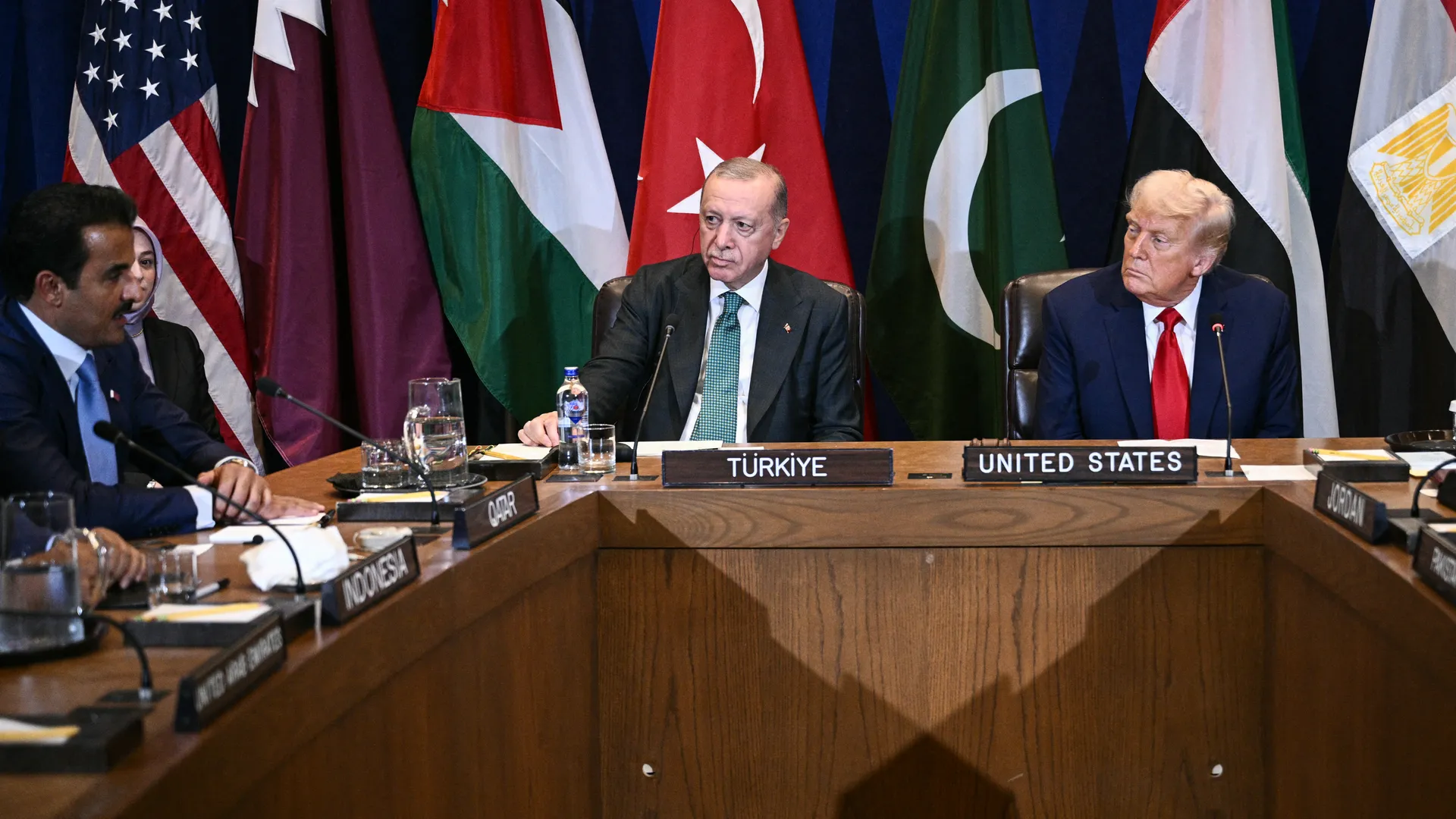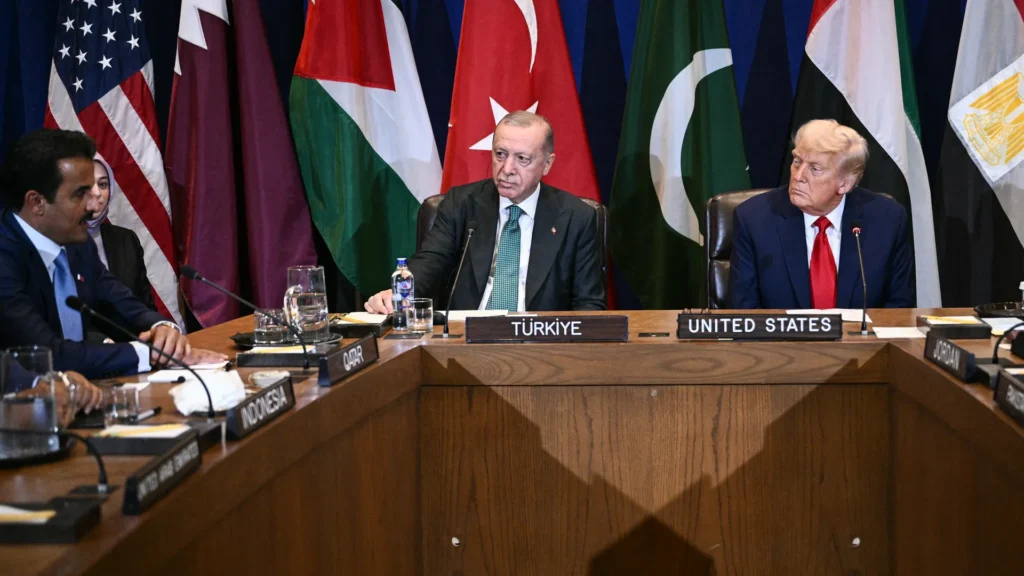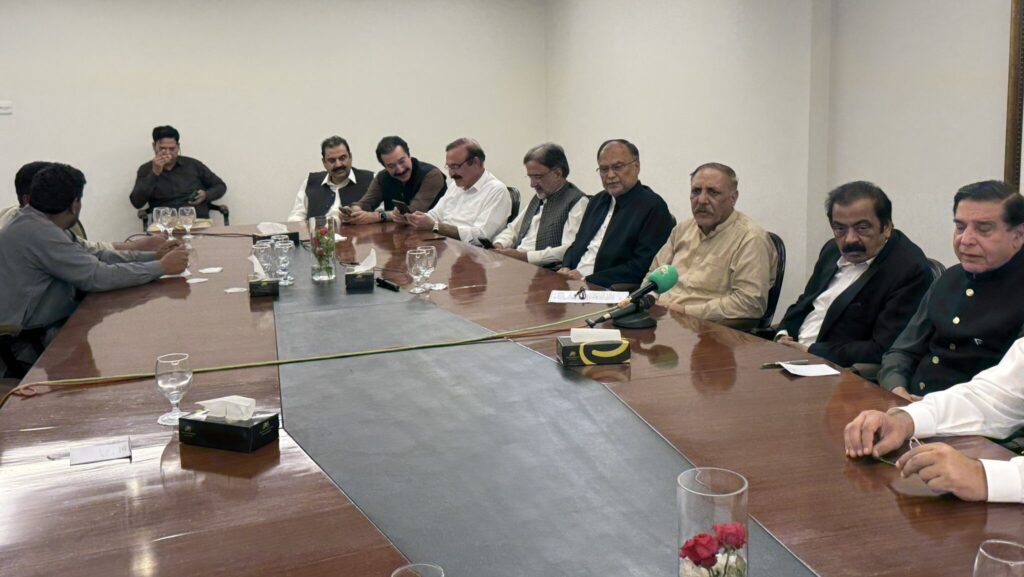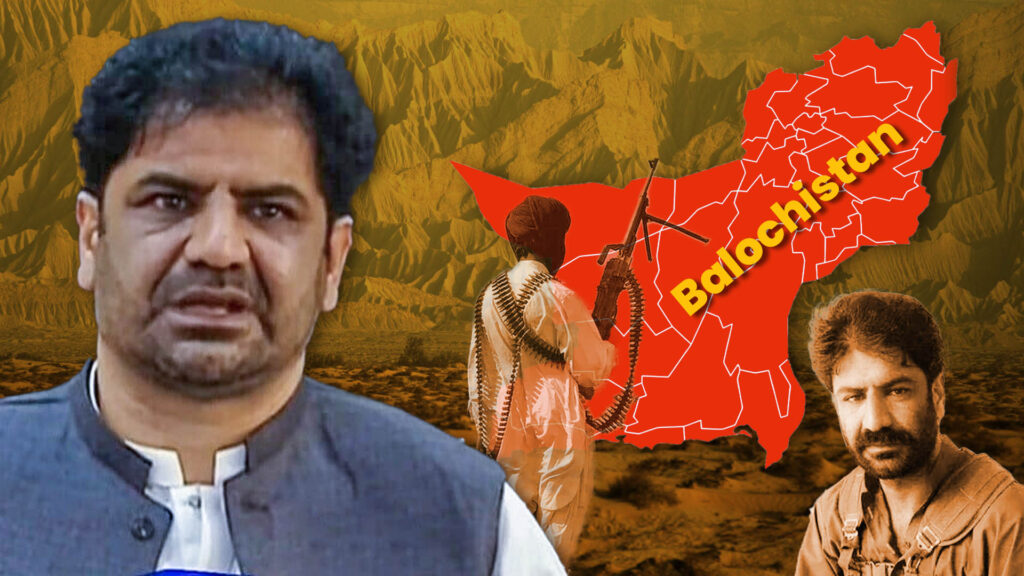US lawmakers have issued a strong warning to Pakistan regarding human rights abuses and transnational repression, hinting at the possibility of future sanctions. The warning came during a bipartisan congressional hearing on Tuesday focusing on Pakistan’s human rights record and political climate.
Republican Congressman Christopher Smith, co-chair of the Tom Lantos Human Rights Commission (TLHRC), strongly suggested that the US government may impose sanctions under the International Religious Freedom Act (IRFA) due to what he described as “terrible acts committed against people of various faiths.” He highlighted the lack of previous sanctions under these laws, noting that only Indian Prime Minister Narendra Modi had faced such measures.
Democratic Congressman James McGovern echoed these concerns, emphasizing the worries expressed by the Pakistani-American community in Massachusetts about the signals coming from the US government. Both lawmakers stressed the need for continued engagement with Pakistan but underscored the seriousness of the human rights situation.
Testimony during the hearing included accounts of repression in Balochistan, the targeting of religious minorities, the weaponization of blasphemy laws, and the silencing of dissidents, both within Pakistan and abroad. Amnesty International’s Ben Linden highlighted the imprisonment of Baloch activist Dr Mahrang Baloch, the crackdown on PTI supporters, and the extrajudicial killings of those accused under blasphemy laws. He also condemned the blocking of US-based YouTube channels critical of the Pakistani military.
Jared Genser of Perseus Strategies, while advocating for continued engagement, stressed the need for clear communication from the US government outlining expectations for improvement, including the release of political prisoners like former Prime Minister Imran Khan.
The hearing also addressed the recent meeting between President Trump and Pakistan’s Chief of Army Staff, with PTI leader Zulfi Bukhari suggesting the meeting stemmed from a desire to engage with those holding significant power within Pakistan. Sadiq Amini of the Afghanistan Impact Network criticized Pakistan’s alleged duplicity in its relationship with the US, particularly regarding the Taliban peace process.


